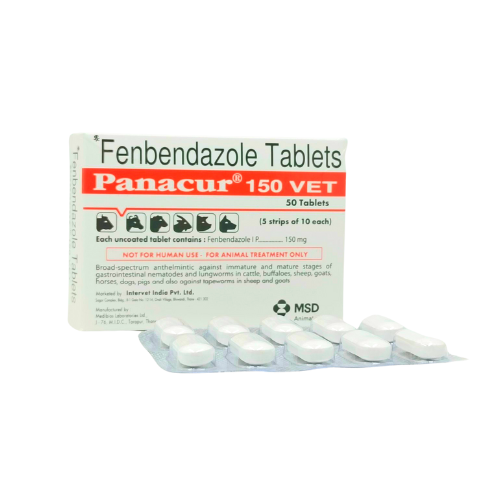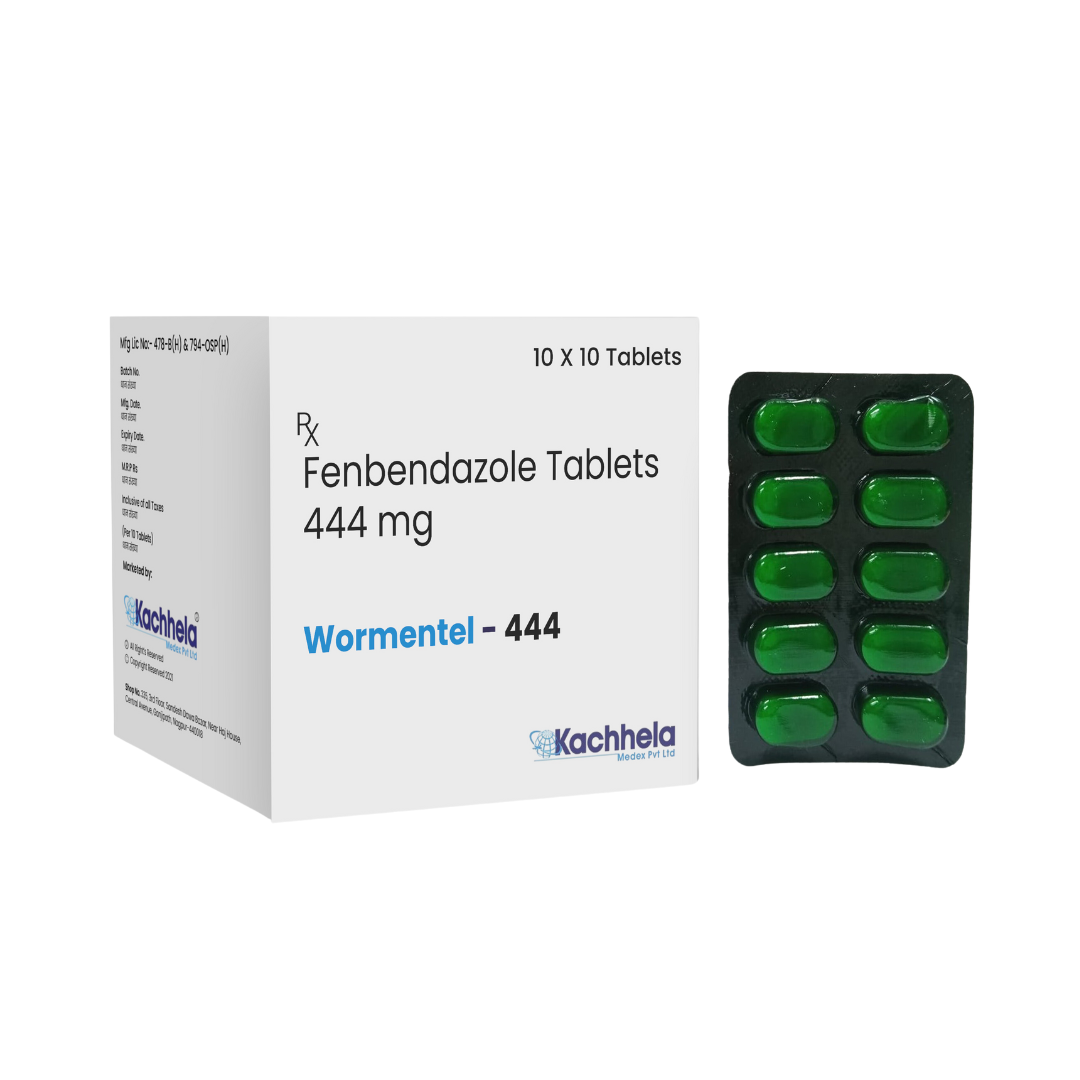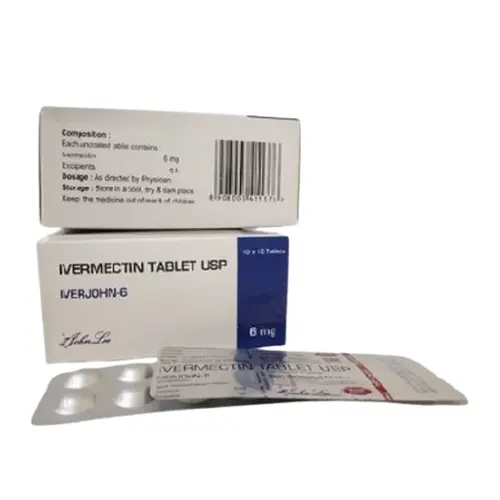Introduction
Fenbendazole 150 mg is a medication that has gained attention in recent years due to its potential uses beyond its primary veterinary purpose. In this blog post, we will delve into what Fenbendazole 150 mg is, its intended uses, potential applications in human health, side effects, and how to use it properly.
What is Fenbendazole 150 mg?
Fenbendazole 150 mg is an anthelmintic medication, which means it is used to treat infections caused by parasitic worms. It is commonly used in veterinary medicine to treat various gastrointestinal parasites in animals. Fenbendazole works by disrupting the metabolism of the parasites, ultimately leading to their death.
Uses of Fenbendazole 150 mg
- *For Veterinary Purposes:* Fenbendazole is primarily used to treat parasitic infections in animals, including dogs, cats, horses, and livestock.
- *Potential Uses in Human Health:* While Fenbendazole is not approved for human use by regulatory agencies, there have been claims and studies suggesting its potential in treating certain types of cancers and parasitic infections in humans. However, it is essential to note that more research is needed to establish its safety and efficacy for these uses.
Side Effects
While Fenbendazole is generally considered safe for animals when used as directed, it can cause side effects in some cases. Common side effects include:
*Gastrointestinal Disturbances:* Nausea, vomiting, diarrhea, and abdominal pain may occur.
*Allergic Reactions:* Some individuals or animals may experience allergic reactions such as rash, itching, or swelling.
*Liver or Kidney Problems:* In rare cases, Fenbendazole can affect liver or kidney function.
*Neurological Symptoms:* High doses of Fenbendazole may lead to neurological symptoms such as dizziness or seizures.
It’s crucial to consult a healthcare professional or a veterinarian if any unusual or severe side effects occur.
How to Use Fenbendazole 150 mg
- *Dosage:* The dosage of Fenbendazole varies based on the weight of the animal or patient. It is typically administered orally in the form of tablets or suspension.
- *Follow Instructions:* Always follow the instructions provided by the healthcare professional or veterinarian. Do not exceed the recommended dosage.
- *Administration:* Fenbendazole is usually taken with food to enhance absorption and reduce the risk of gastrointestinal upset.
- *Regular Monitoring:* If using Fenbendazole for extended periods, regular monitoring of liver and kidney function may be necessary.
- *Storage:* Store Fenbendazole in a cool, dry place, away from direct sunlight and moisture.
Conclusion
Fenbendazole 150 mg is a medication with established veterinary uses and potential applications in human health. While its off-label uses in humans are being explored, it is essential to approach such uses with caution and under the supervision of a healthcare professional. Always prioritize consultation and guidance from a qualified medical expert to ensure safe and effective use of this medication.








Reviews
There are no reviews yet.